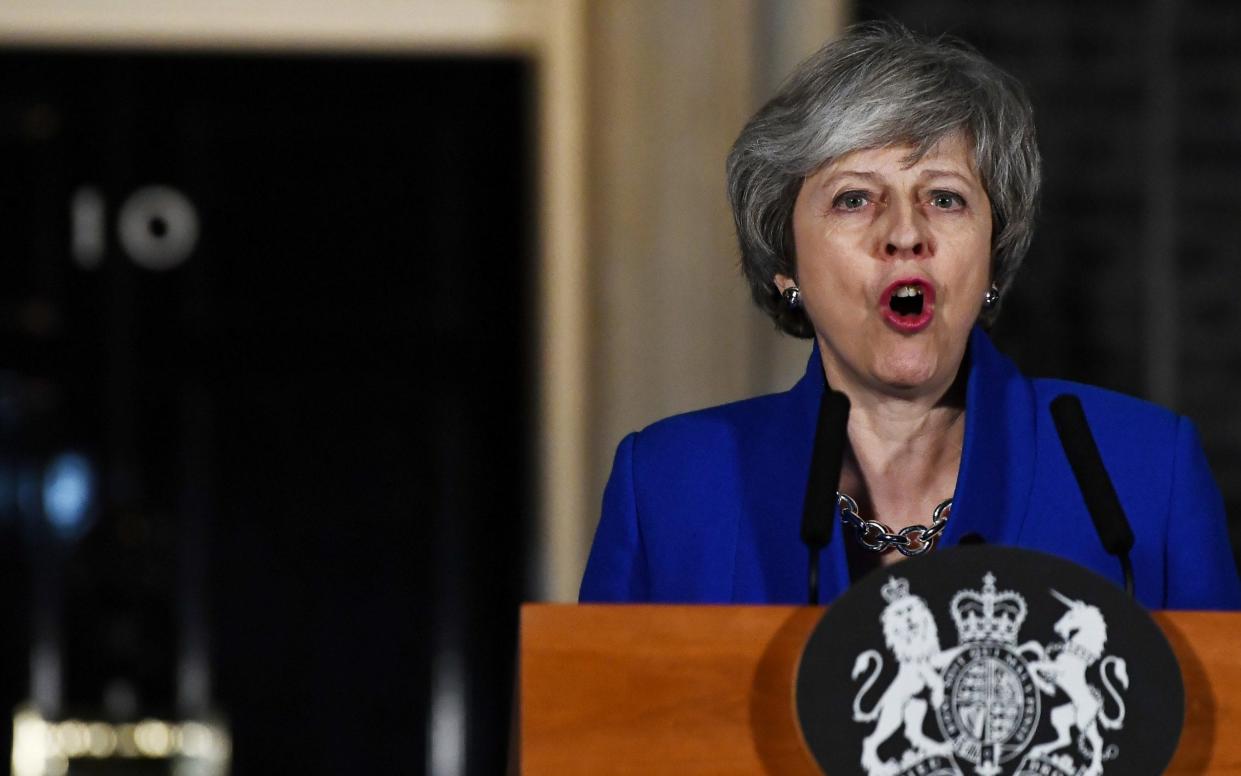What is Theresa May's Brexit Plan B and when will Parliament vote on it?

Theresa May is under pressure to come up with an alternative Brexit deal that will win support from MPs across the political spectrum, following her humiliating defeat in the House of Commons on Tuesday 15 January.
Brexiteer MPs have called on the Prime Minister to simply walk away from the negotiations and embrace a 'no deal' scenario, but the she is determined to somehow push through the Withdrawal Agreement.
Meanwhile, the European Union says it is now solely up to Mrs May and MPs to agree on a counter-proposal to the Brexit deal they rejected, with negotiations only reopening once this is achieved.
What is in Theresa May's Brexit Plan B?
In a word: nothing. While the Prime Minister was forced to return to Parliament on Monday 21 to explain what she was going to do next, she made clear that Plan B is in fact just Plan A. She intends to ask Brussels for further concessions on the backstop, potentially with Parliament having voted in favour of a time limit on it, and then get MPs to vote on this revised deal.
The EU, however, is reluctant to offer such concessions and has doubts as to whether Mrs May could get her deal through Parliament even with changes to the backstop.
When will Parliament vote on Plan B?
The "Plan B" motion will not be debated in Parliament until January 29. The vote is expected to follow in the early evening of the same day.
But will Labour play ball?
Jeremy Corbyn has so far refused to engage in talks with Mrs May on breaking the impasse, as he wants her to "take no deal off the table."
Paradoxically, the risk of no deal can only be removed if the Withdrawal Agreement is approved by MPs or Brexit is cancelled, and Mr Corbyn has so far refused to back either move.
However, many Labour MPs have said they want the Brexit deal to include a customs union as a means of lessening trade friction with the EU after Brexit – this may be the price of cross-party approval.
Downing Street has repeatedly denied that is preparing to offer a customs union. This is turn has led to speculation that the Government will propose a customs "partnership" or "protocol" that is a customs union in all but name.

 Yahoo News
Yahoo News 
